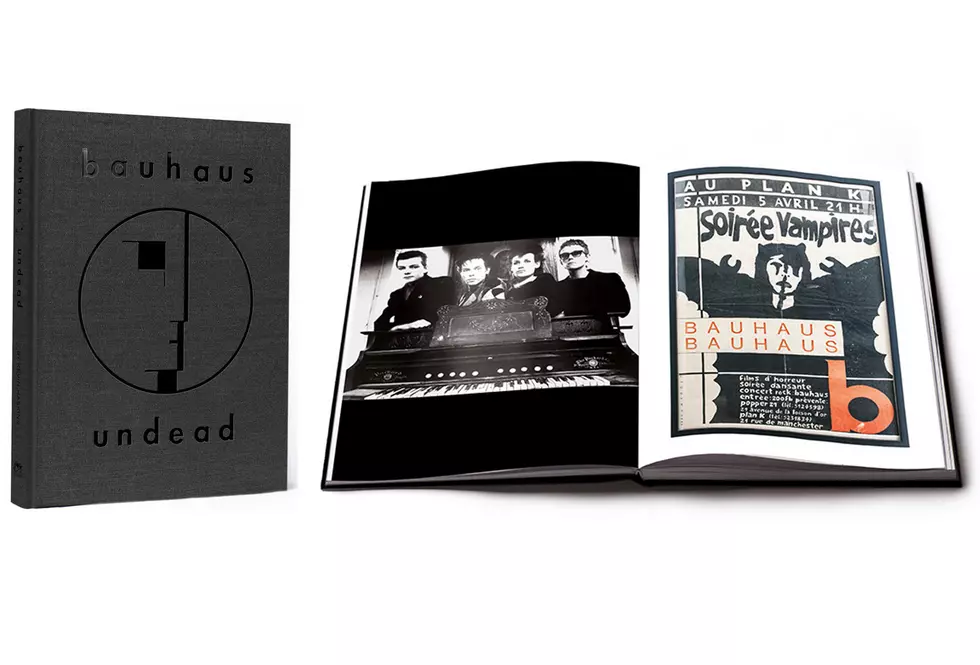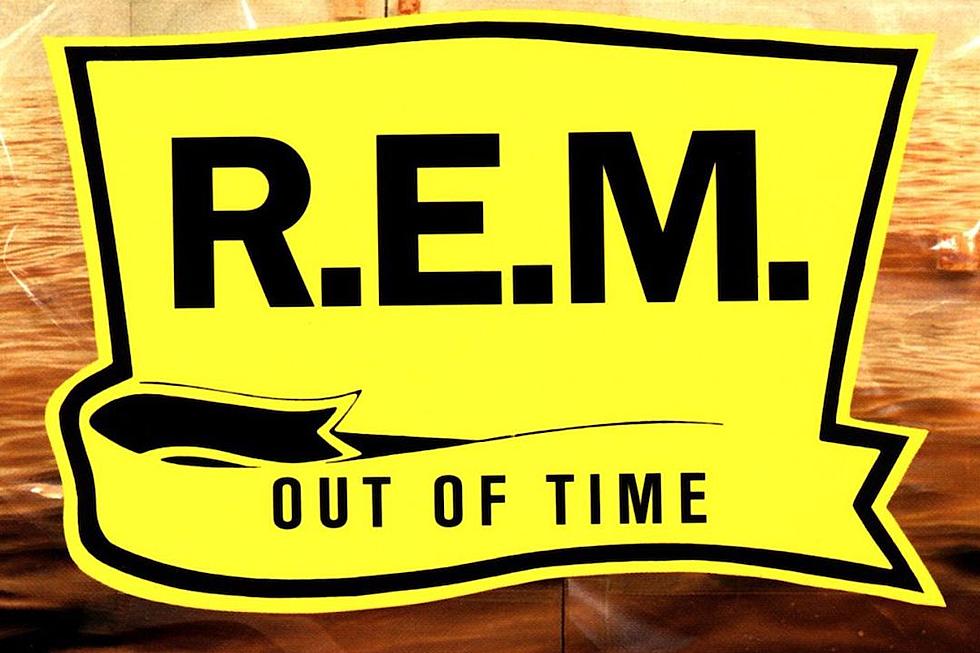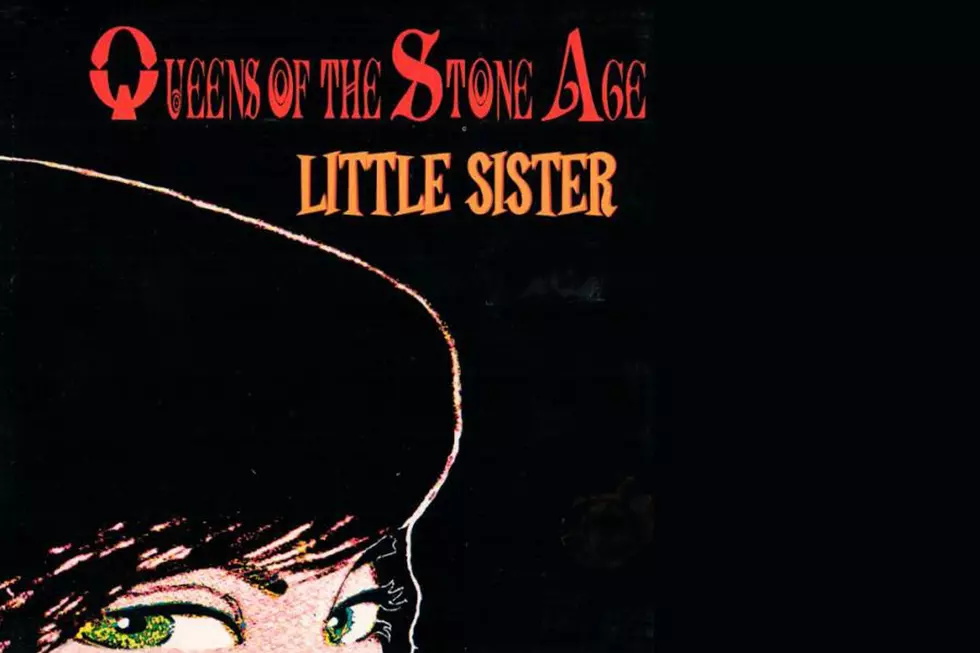
35 Years Ago: Bauhaus Flirt With the Unorthodox on ‘The Sky’s Gone Out’
Bauhaus were in an unenviable position when prepping for the release of their third album, The Sky’s Gone Out, which landed on record store shelves Oct. 19, 1982. They had become the poster band for Goth on the heels of their iconic debut single “Bela Lugosi’s Dead,” and the ensuing LPs In the Flat Field and Mask, two touchstones of the genre.
The Sky’s Gone Out was a different story altogether. Wanting to grow as artists but retain their dedicated fanbase, the group tried to find the ever elusive balance between the two, resulting in a somewhat uneven record marked by sharp guitar lines from Daniel Ash and emotive vocal maneuverings from frontman Peter Murphy.
Opening with a jittery, almost bouncy take on Brian Eno’s “Third Uncle,” it’s immediately clear that Bauhaus is going to be driving down some different avenues while at the same time being careful not to leave the neighborhood of darkness entirely. The first half is traditional Goth for the most part, punctuated by the soaring single “Spirit.”
The next portion of The Sky’s Gone Out is when things start to go off-kilter, beginning with the conceptual three-piece “The Three Shadows.” Part one is a woozy and atmospheric instrumental, the second filled with Murphy’s scintillatingly dour lyrics, like, “I slice off those rosy cheeks / ’Cause I feel so thirsty,” while the final, brief stanza is some sort of neo-classical exposition with the singer spitting his lines out with reckless abandon.
The tender “All We Ever Wanted Was Everything” is gorgeous, despite – or maybe because of – its subject about the banality of growing up in Northampton, a town in the East Midlands of England. The final cut, “Exquisite Corpse,” is experimental in the truest sense of the word. Think of something and it’s in there; spoken word, a cappella, howling, fuzzed out guitar, distorted bass, reggae, coughing, snoring. The song toes the line of being both unlistenable and fascinating in its strangeness.
“What I liked about that album is that we put some really non-songs on it, which were so sort of open,” Murphy would say years later.
At the time of its release, The Sky’s Gone Out was skewered by the British music press, and in the U.S., where it was the first Bauhaus release not to be an import; many people weren’t sure what to make of it. Fittingly then, it would signal the end of the group.
Murphy was felled by pneumonia as the year drew to a close, recording of the next album was handled mainly by Ash and bassist David J, who would trade off on vocals on some tracks. Along with drummer Kevin Haskins, the trio would eventually go off to form Love and Rockets while Murphy struck out solo, as Bauhaus broke up before the fourth album even came out.
The 25 Most Underrated Albums of the Past 25 Years
More From Diffuser.fm









